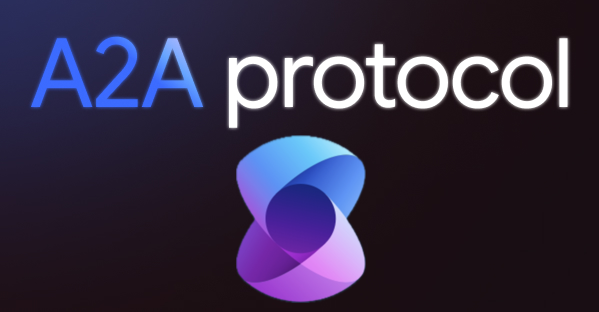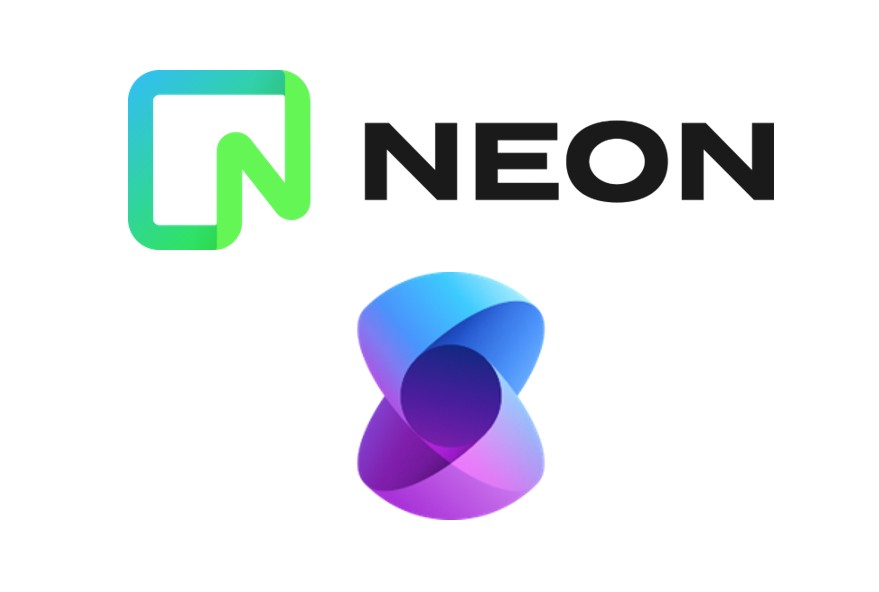Semantic Kernel
The latest news from the Semantic Kernel team for developers
Latest posts

RC1: Semantic Kernel for Java Agents API
We’re excited to announce the release candidate of the Semantic Kernel for Java Agents API! This marks a major step forward in bringing the power of intelligent agents to Java developers, enabling them to build rich, contextual, and interactive AI experiences using the Semantic Kernel framework. What Are Agents in Semantic Kernel? Agents are intelligent, autonomous components that can reason, plan, and act using natural language. They leverage large language models (LLMs) to interact with users, invoke tools, and maintain context over time. With this API, Java developers can now create agents that: ...

Guest Blog: Orchestrating AI Agents with Semantic Kernel Plugins: A Technical Deep Dive
Today we're excited to welcome Jarre Nejatyab as a guest blog to highlight a technical deep dive on orchestrating AI Agents with Semantic Kernel Plugins. In the rapidly evolving world of Large Language Models (LLMs), orchestrating specialized AI agents has become crucial for building sophisticated cognitive architectures capable of complex reasoning and task execution. While powerful, coordinating multiple agents—each with unique capabilities and data access—presents significant engineering challenges. Microsoft's Semantic Kernel (SK) offers a robust framework for managing this complexity through its intuitive p...

Guest Blog: Letting AI Help Make the World More Accessible – Analyzing Website Accessibility with Semantic Kernel and OmniParser
Today we're excited to welcome Jonathan David, as a guest author on the Semantic Kernel blog. We'll turn it over to Jonathan to dive into Letting AI Help Make the World More Accessible - Analyzing Website Accessibility with Semantic Kernel and OmniParser. With the European Accessibility Act and Germany's Barrierefreiheitsstärkungsgesetz (which translates to Barrier Freedom Strengthening Act) coming into force in July 2025, ensuring digital accessibility is no longer optional. This article explores the importance of accessibility and how AI-driven solutions using Semantic Kernel and OmniParser could strea...

Guest Blog: SemantiClip: A Practical Guide to Building Your Own AI Agent with Semantic Kernel
Today we’re excited to welcome Vic Perdana, as a guest author on the Semantic Kernel blog today to cover his work on a SemantiClip: A Practical Guide to Building Your Own AI Agent with Semantic Kernel. We’ll turn it over to Vic to dive in further. Everywhere you look lately, the buzz is about AI agents. But cutting through the noise—what does agentic AI really mean for developers and builders? How can we move from hype to building real, practical solutions that solve business problems, automate workflows, and, simply put, make our lives easier? I'm excited to share my journey and, as a little Easter egg...

Customer Case Study: Microsoft Store Assistant — bringing multi expert intelligence to Microsoft Store chat with Semantic Kernel and Azure AI
Introduction In October 2024 Microsoft replaced a legacy rule‑based chat bot on Microsoft Store with Microsoft Store Assistant, powered by Azure Open AI, Semantic Kernel, and real‑time page context. The transformation changed a scripted, button-driven experience into a conversation that comprehends the entire public Microsoft portfolio, including Surface and Xbox products, Microsoft 365 subscriptions, Azure services, and the Dynamics and Power Platform portfolio, and knows when to involve a human Sales Associate. Six months later, the assistant manages several millions of conversations annually, maintains a fo...

Guest Blog: Build an AI App That Can Browse the Internet Using Microsoft’s Playwright MCP Server & Semantic Kernel — in Just 4 Steps
Today we're excited to feature a returning guest author, Akshay Kokane to share his recent Medium article on Building an AI App That Can Browse the Internet Using Microsoft’s Playwright MCP Server & Semantic Kernel. We’ll turn it over to him to dive in! MCP! It’s the new buzzword in the AI world. So, I thought — why not be a part of this buzz myself? That’s why I wrote this blog on using the MCP server with Semantic Kernel and Azure AI Foundry. Let’s start by understanding: What is MCP? There are many blogs and videos that helped me grasp the MCP concept, and I’ll drop those links at the end. But for me,...

Integrating Semantic Kernel Python with Google’s A2A Protocol
Google's Agent-to-Agent (A2A) protocol is designed to enable seamless interoperability among diverse AI agents. Microsoft’s Semantic Kernel (SK), an open-source platform for orchestrating intelligent agent interactions, is now being integrated into the A2A ecosystem. In this blog, we demonstrate how Semantic Kernel agents can easily function as an A2A Server, efficiently routing agent calls to specialized services. You can read more about the A2A protocol in Google's technical documentation. Our Contribution to the A2A Ecosystem Our initial contribution to the A2A repository addresses the current absence of ...

Semantic Kernel adds Model Context Protocol (MCP) support for Python
We are excited to announce that Semantic Kernel (SK) now has first-class support for the Model Context Protocol (MCP) — a standard created by Anthropic to enable models, tools, and agents to share context and capabilities seamlessly. With this release, SK can act as both an MCP host (client) and an MCP server, and you can leverage these capabilities directly in your agents. This unlocks powerful new scenarios for tool interoperability, prompt sharing, and agent orchestration across local and remote boundaries. This requires Semantic Kernel Python version 1.28.1 or higher. What is MCP? MCP is a protocol that ...

Customer Case Study: Announcing the Neon Serverless Postgres Connector for Microsoft Semantic Kernel
Announcing the Neon Serverless Postgres Connector for Microsoft Semantic Kernel We’re excited to introduce the Neon Serverless Postgres Connector for Microsoft Semantic Kernel, enabling developers to seamlessly integrate Neon’s serverless Postgres capabilities with AI-driven vector search and retrieval workflows. By leveraging the pgvector extension in Neon and the existing Postgres Vector Store connector, this integration provides a high-performance, scalable solution for vector embeddings and performing vector similarity search in Postgres. Why Use Neon for Semantic Kernel? Neon is a fully managed Serverless...
